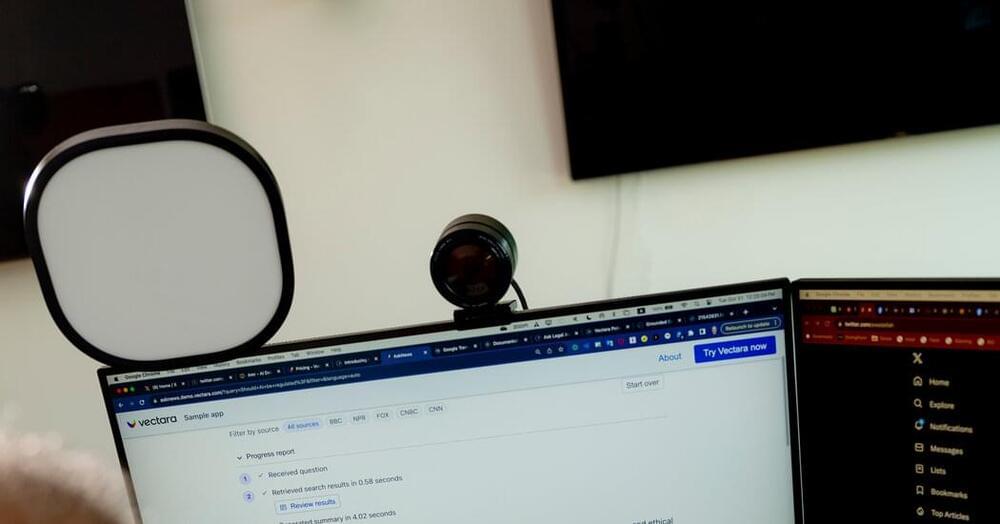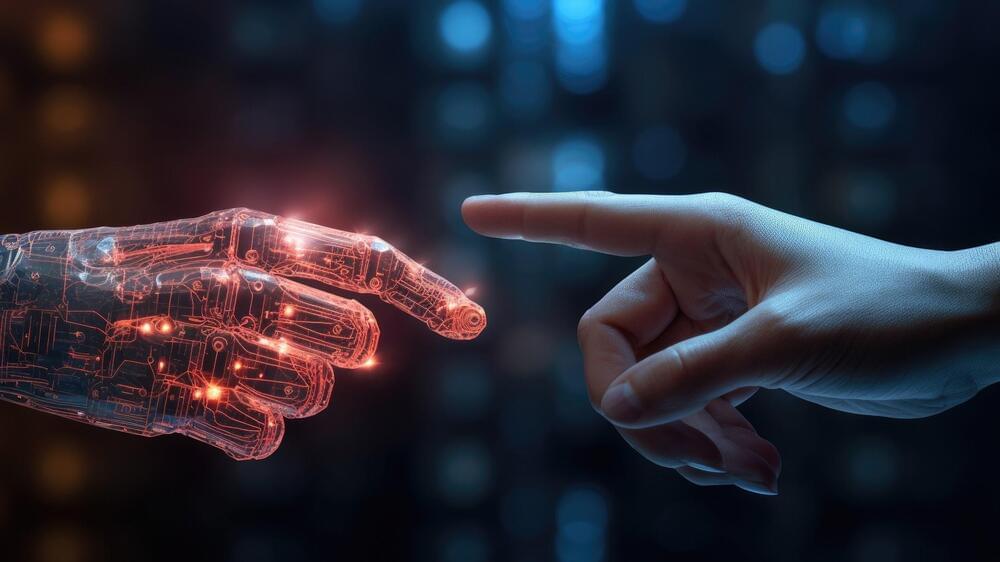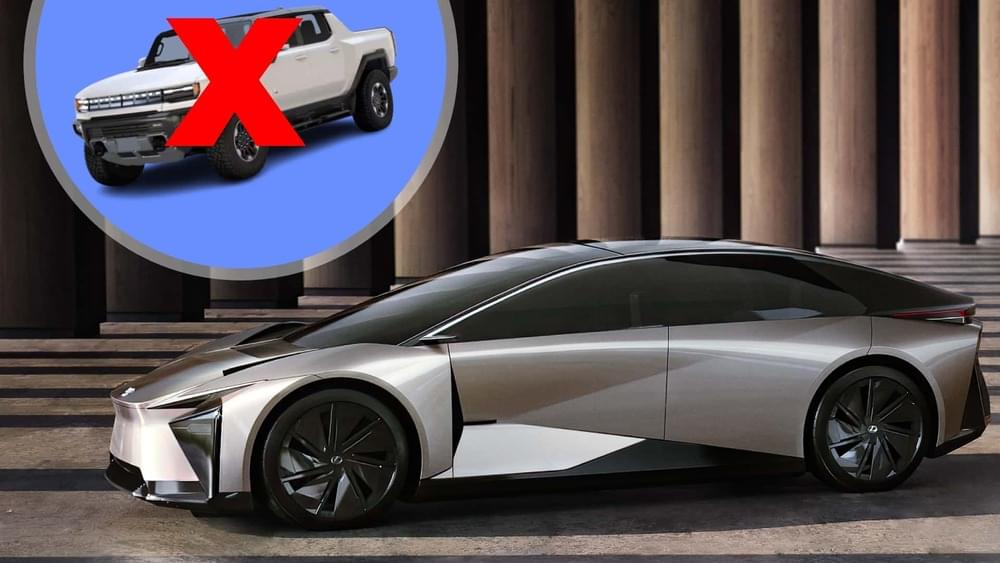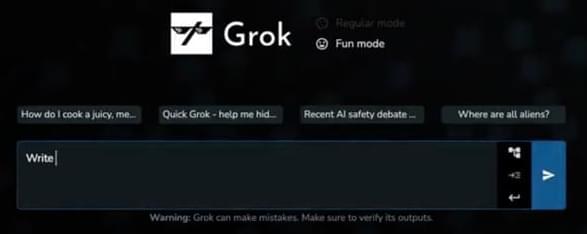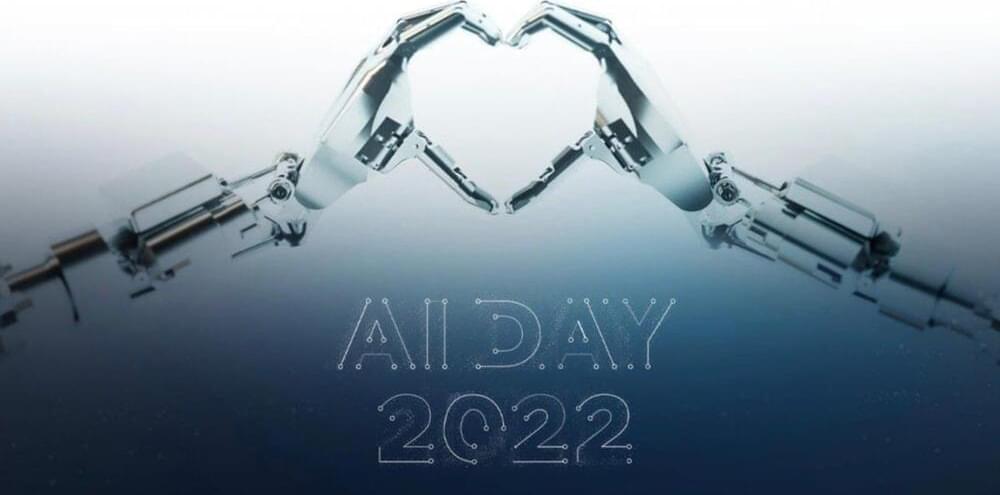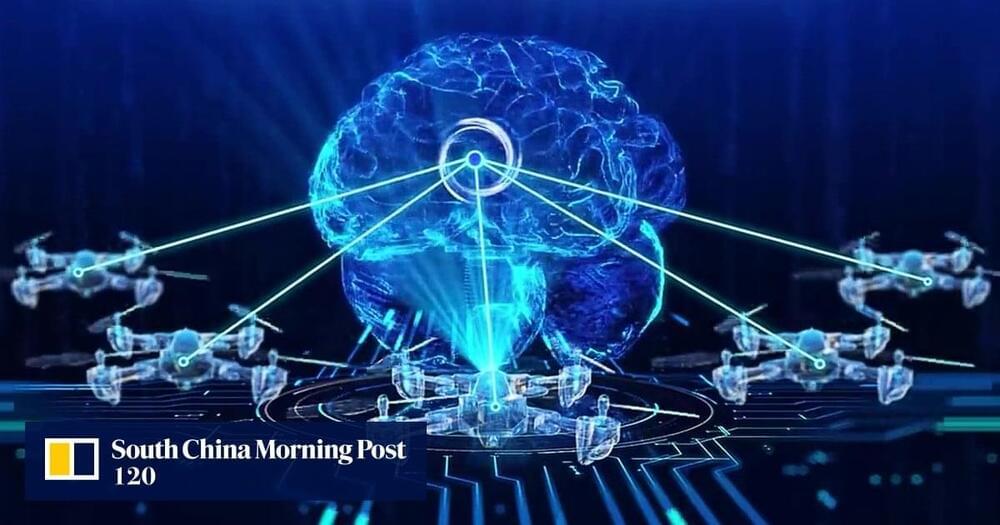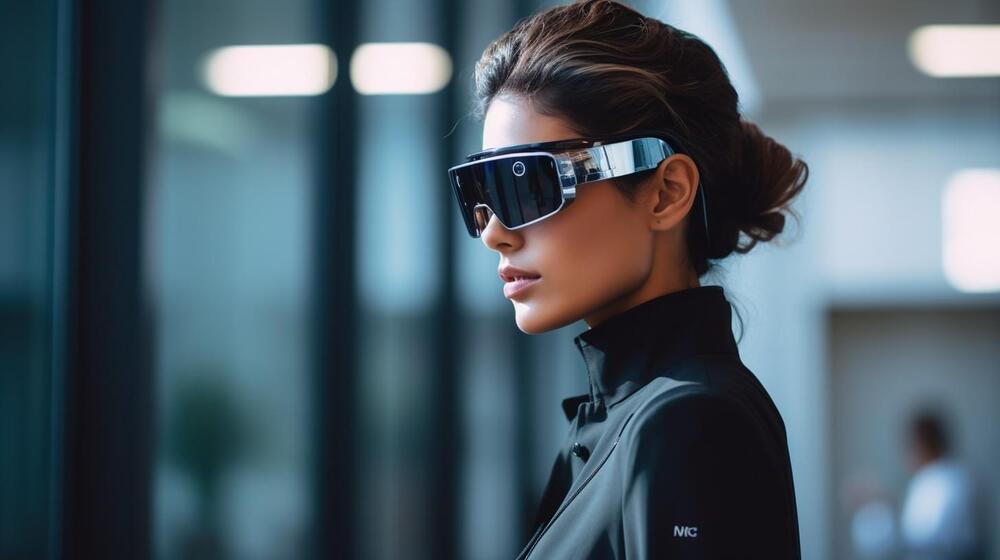01. AI’s model outperforms Meta’s Llama 2 on certain metricsStartup to offer open-source model; proprietary options laterA Chinese startup founded by computer scientist Kai-Fu Lee has become a unicorn in less than eight months on the strength of a new open-source artificial-intelligence model that outstrips Silicon Valley’s best, on at least certain metrics.
The company, 01.AI, has reached a valuation of more than $1 billion after a funding round that included Alibaba Group Holding Ltd.’s cloud unit, Lee said in an interview. The chief executive officer of venture firm Sinovation Ventures will also be CEO of the new startup. He began assembling the team for 01.AI in March and started… More.
Bloomberg connects decision makers to a dynamic network of data, delivering business and financial information, news and insights globally.

